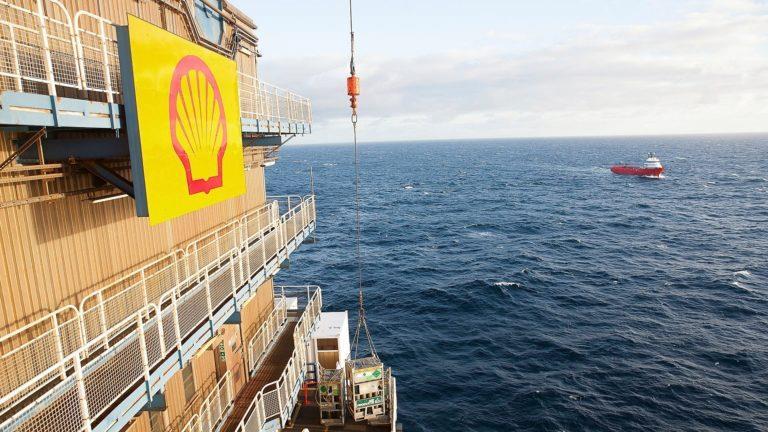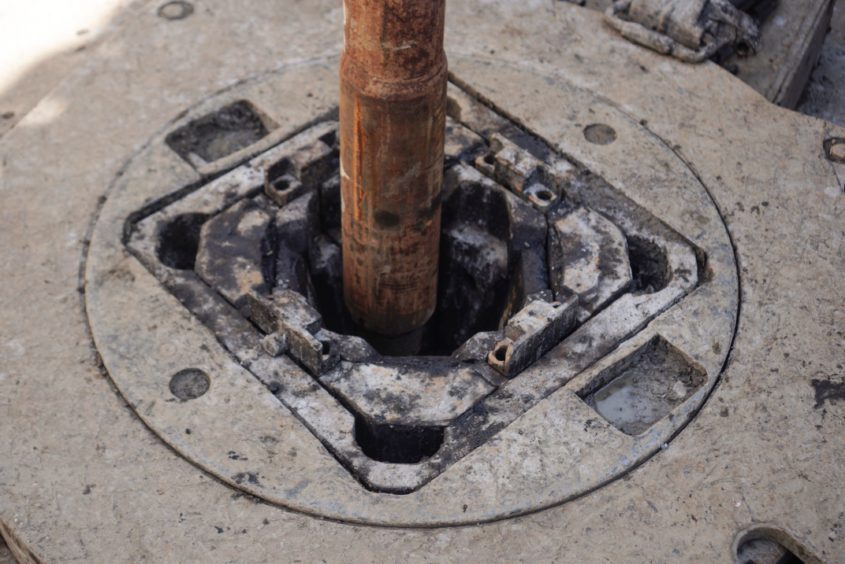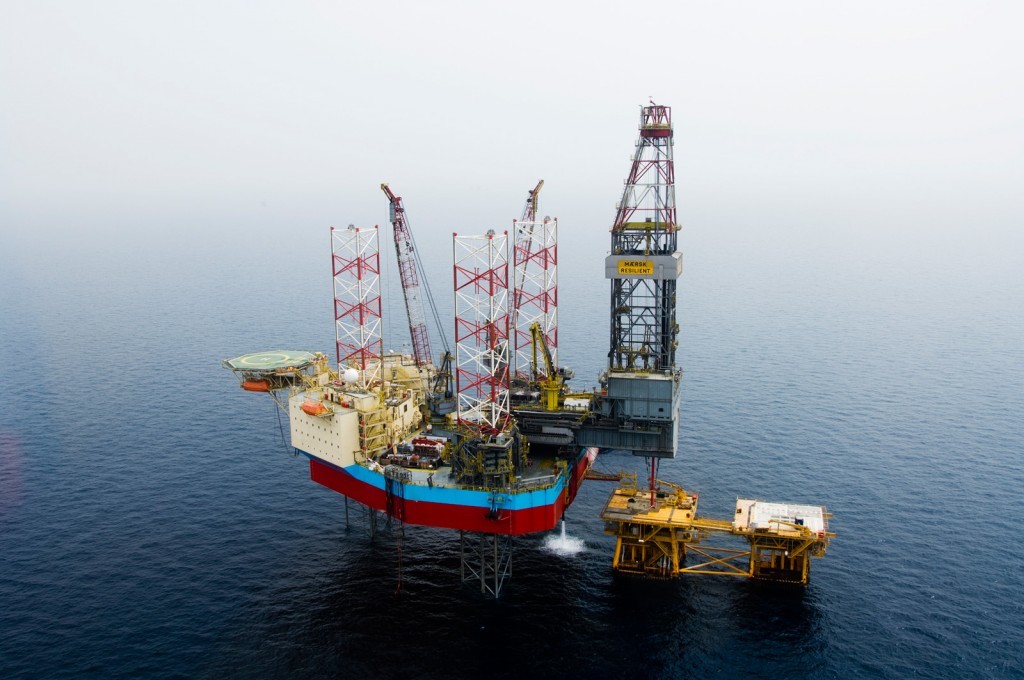
A Shell (LON:SHEL) exploration target in the North Sea has been named among Westwood Global Energy Group’s ‘key wells to watch’ for the rest of 2022.
Due to be spudded this quarter, the Pensacola prospect is one of 13 wells, and the only in the UK, to have made the research consultancy’s shortlist.
Other wells to have been given the nod by Westwood are Raia, offshore Mozambique, Zanderij, offshore Suriname, and Hoodoo in the Gulf of Mexico.
There are also “large prospects in proven plays”, including Wei, near Guyana.
The list of wells to watch was compiled by Jamie Collard, a senior analyst focussing on global exploration and appraisal at Westwood.
More generally, high impact drilling activity has been backed to pick up in the second half of the year, with as many as 90 wells expected to have been spudded by the end of 2022.
That is the highest number since 2019, when 98 high impact wells completed.
South America will continue to be an exploration hot spot, specifically the Suriname-Guyana basin and offshore Brazil.
Africa will also see a return to high impact exploration this year, with “key wells” planned in South Africa, Mozambique and Zimbabwe.
Activity levels in North West Europe are predicted to remain “relatively stable” for the rest of 2022.
Pensacola
Shell is the operator of Pensacola, located in licence number P2252, with a 70% stake – Deltic Energy (LON:DELT) holds the remaining 30%.
The pair are expected to drill the Southern North Sea prospect, described as a “frontier play test” by Westwood, in the third quarter of 2022.
According to Deltic, Pensacola has prospective potentially recoverable resources of 309 billion cubic feet (bcf) of gas.
Shell farmed-in to the licence in 2019, with the pair acquiring new 3D seismic across the area that same year.
The Maersk Resilient has been tasked with drilling Pensacola, one of two high-impact wells Shell is partnered with Deltic on in the North Sea.
A decision was taken last week to to invest in Selene, which is targeting P50 (best estimate) prospective resources of 318 billion cubic feet of gas.
The oil giant is covering 75% of the costs of drilling and testing the well, up to $25 million, as part of the farm-in arrangement.
Selene has a geological chance of success of 70%.
A bad run of form
On the North Sea drilling front, Shell will be hoping Pensacola and Selene bring a change of fortune after a couple of recent disappointments.
It was announced last month that the Edinburgh well, in which the supermajor has a 40% operated stake, would be plugged and abandoned after coming up dry.
Westwood had previously tipped the prospect as one to watch.
Similarly, the Shell Jaws well, thought to hold up to 30 million barrels of oil, proved unsuccessful.
The results of the Capricorn-operated Diadem well, which Shell has an interest, have yet to be announced.
Recommended for you


 © Bloomberg
© Bloomberg © Maersk Drilling
© Maersk Drilling © Supplied by United Artists, via Photofest
© Supplied by United Artists, via Photofest